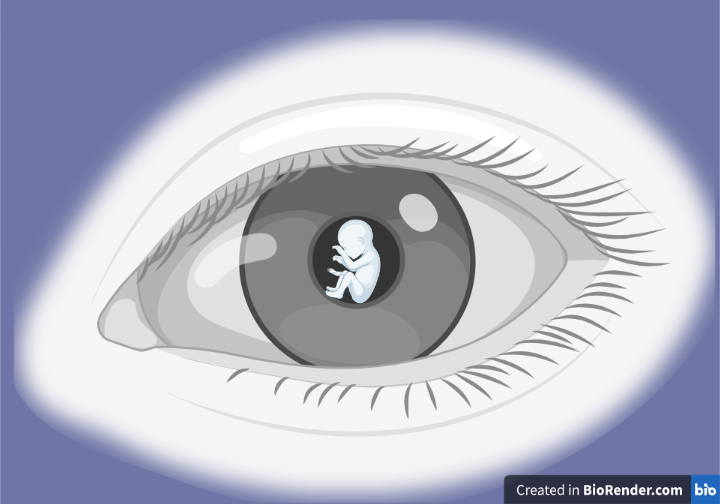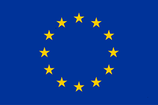|
Everyone knows what it is like to look at someone’s eyes. A brief but powerful feeling may invade us: love, admiration, anxiety or even fear. We can also experience different sensations according to the length or circumstance of the gaze: Staring directly into someone’s eyes causes an arousal reaction, however, too much eye contact can make us uncomfortable; waiting for the last bus at midnight and seeing somebody looking at you may evoke fear, whereas you feel relaxed if this person averts gazing away from you. For sure, some phrases like “the eyes are the window to the soul” and “I can see it in your eyes” sound poetic. But what else can the eyes tell us? And why am I, an Obstetrician, writing about this? |
About the blogBeing a PhD student in a European training network is a life-changing adventure. Moving to a new country, carrying out a research project, facing scientific (and cultural) challenges, travelling around Europe and beyond… Those 3 years certainly do bring their part of new - sometimes frightening - but always enriching experiences. Categories
All
Archives
December 2021
|



 RSS Feed
RSS Feed

2/10/2021
2 Comments